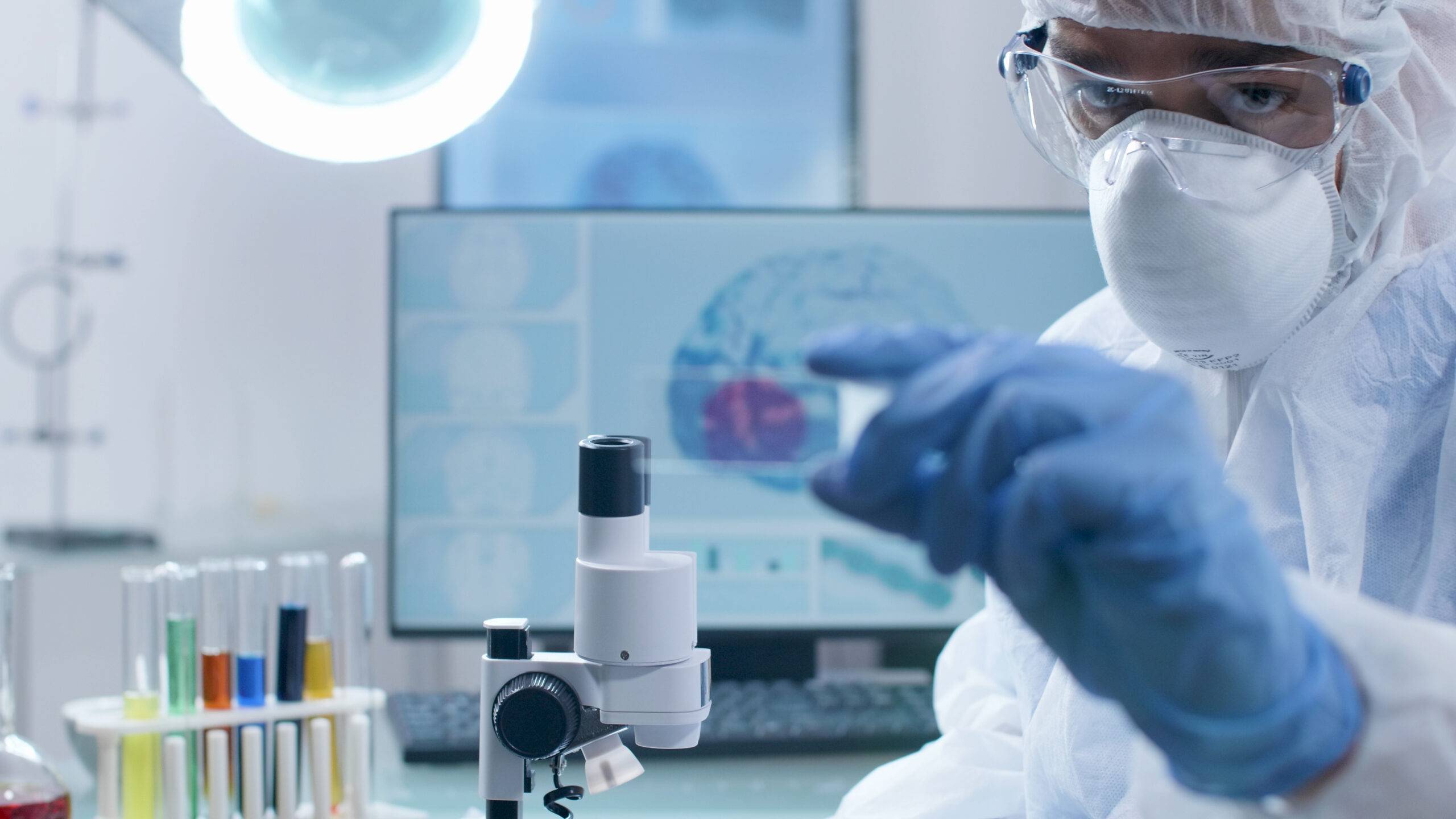Clinical trials are research studies which try to determine if a medical strategy, treatment or device is safe for humans. This research is very scientific it protects its volunteers or patients from any hazards to their health and brings out better study results. Clinical research starts in the laboratory and if it shows promising results then the researchers proceed to experiment on animals and finally, the success here leads them to make clinical trials with humans. The main findings of a clinical research are as follows
If the new treatment is good for patients’
If it offers no benefits
If it causes harm
 All these are important for the use of new medicines and in the advancement of medical knowledge. A key risk indicator or KRI measures and indicates how can an event affect the success of an enterprise how risky it can be and what negative impacts can it have on the program.
All these are important for the use of new medicines and in the advancement of medical knowledge. A key risk indicator or KRI measures and indicates how can an event affect the success of an enterprise how risky it can be and what negative impacts can it have on the program.
There are many KRIs in the field of Clinical research and their duty is to make the people involved in the research understand the benefits or the fruitlessness of a certain research conducted. The agencies which play a very important role in providing this knowledge to the researchers are the KRIs or the people who collect the data. They include CDMs, and people directly involved in the research. The responsibility for an organization is to not only locate the KRI but to explain to the members involved its significance they have to be made to understand and believe in the risk factors.
Clinical research can be of many types, some clinical researchers need outpatients while some may need inpatients.
- Treatment or clinical trials which deal with medication, psychotherapy and various approaches to surgery or radiation therapy.
- Prevention research studies, medicines, vaccines and lifestyle changes to find out how the disease will not return or not develop at all.
- Diagnostic research identifies the anomaly.
- Screening research deals in finding ways to detect the disease.
- The Quality of life or supportive research tries to find the various kinds of lifestyle which will lessen the agony of a patient.
- Genetic research tries to find the connection between genes of a person and the disease he may be suffering from
- Epidemiological studies try to identify the pattern of behavior, lifestyle which gives rise to a particular disease in a particular group of people.
- Clinical research deals not only with finding new medicines or devices but it also deals with
- A long-term study involving psychological tests to brain scans.
- A genetic study that may need blood tests but it does not bring any change in the prevalent medication of the patient.
- A discussion with family members regarding the illness or if it has ever affected any other member of the family too. Family history is discussed.
Clinical trials are research studies that try to determine if a medical strategy, treatment or device is safe for humans. This research is very scientific, it protects its volunteers or patients from any hazards to their health and at the same time bring out better study results.
Clinical Data Management or CDM is very critical for clinical research because it helps in generation of high quality, reliable and statistically accurate data from the trials. Clinical Data Management is responsible for collection, integration, and availability of data at proper quality and cost.
The Clinical Data Manager ensures that data is collected, validated, complete, and consistent. At the completion of the clinical trial, the clinical data manager ensures that all data has been accounted for and that all data management activities are complete.
Clinical Associates ( ClinAs) are an important new mid-level category of healthcare providers in the new healthcare model. They are trained to assess patients, make diagnoses, prescribe treatment and perform minor surgery under the supervision of a physician. There is a great advantage for Clinical Associates who are trained and learn in rural areas. The gain skills and a concrete understand of the fundamental challenges of health care in remote and poverty-stricken districts. For the patients, the introduction of Clinical Associates has brought great relief, while offering employment opportunities to the youth and alleviating the workloads of doctors and nurses.
Varying combinations of KRIs may be informative for different questions of interest. KRI methods provide a flexible approach to central statistical monitoring in multicentre clinical trials .and should be used separately for each study.



